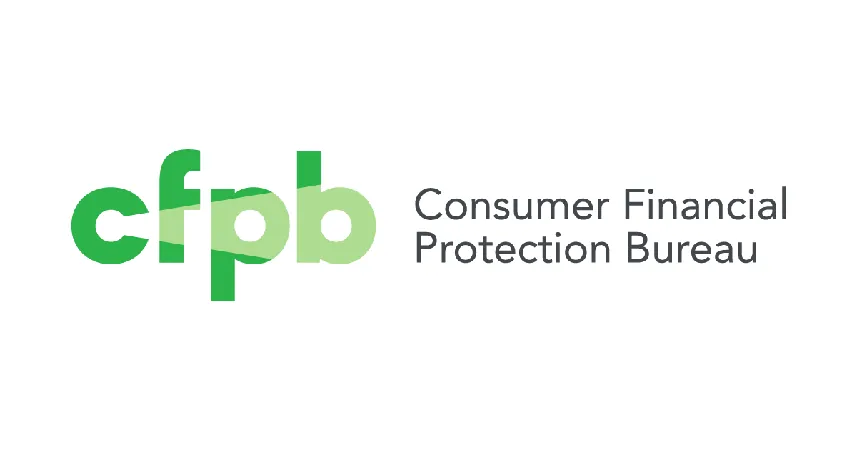
Block's Cash App Hit with $175 Million Penalty: What It Means for Users and the Future of Fraud Prevention
2025-01-16
Author: Chun
Introduction
In a groundbreaking move today, the Consumer Financial Protection Bureau (CFPB) has ordered Block, Inc., the parent company of the widely-used Cash App, to pay a staggering $175 million due to serious failures in protecting its users against fraud. This decision comes as a wake-up call for consumers and the fintech industry alike, as the famous peer-to-peer payment platform has been under scrutiny for its inadequate security measures and deceptive practices.
Compensation and Refunds
Block is mandated to compensate consumers with up to $120 million in refunds for unauthorized transactions that were never fully investigated. An additional $55 million will be directed to the CFPB’s victims relief fund. This action underscores Block's responsibility to address serious security lapses that have left millions of users vulnerable to fraud. "Cash App created the conditions for fraud to proliferate on its popular payment platform," warned CFPB Director Rohit Chopra, emphasizing the need for rigorous accountability in digital finance.
Concerns Over Security Measures
Block, which operates the Cash App alongside its other digital payment offerings like Square, has been criticized for its weak investigative protocols when customers reported unauthorized transactions. Instead of addressing users' concerns, the company often directed them back to their banks, which added confusion and burdened local financial institutions.
Financial Impact
With over 56 million accounts, Cash App is one of America's leading peer-to-peer payment platforms, allowing users to not only transfer money but also receive direct deposits and make transactions through a Cash Card. In 2023, the app contributed approximately $4 billion to Block's annual gross profit of $7.5 billion, highlighting its significance to the company's financial health.
Terms of Service and User Frustration
Moreover, Cash App's reliance on unclear Terms of Service has frustrated many users, who mistakenly believe that their linked banks are responsible for transaction disputes. The Electronic Fund Transfer Act requires platforms like Cash App to thoroughly investigate such complaints, but Block used loopholes to evade this obligation.
Customer Support Issues
Issues extend beyond security. The company has faced criticism for inadequate customer support, often leaving users feeling helpless when they encountered fraudulent activity. A reported disconnect between consumers and any real customer service, combined with a lack of immediate help, has allowed scammers to exploit vulnerabilities further. For years, a customer support number on the Cash Card led to a generic message rather than direct assistance, leaving many users without the support they desperately needed.
Regulatory Actions and Future Changes
In addition to the CFPB's action, state regulators have also weighed in, ordering Block to pay an extra $80 million for violations related to the Bank Secrecy Act and anti-money laundering regulations. This reflects a broader trend of heightened scrutiny by regulators as they seek to ensure fintech companies adhere to essential consumer protection laws.
The Path Forward for Block
Looking ahead, Block must now overhaul its customer service framework, establishing 24-hour support with real human interaction and a commitment to fully investigate all claims of unauthorized transactions. This step is crucial for restoring consumer trust in Cash App.
Implications for Digital Payment Platforms
This regulatory pressure underscores a significant shift in how digital payment platforms will be monitored in the future. The CFPB has made strides to implement regulations akin to those governing traditional banking institutions, ensuring that payment apps uphold high standards of consumer protection.
Conclusion
The rapid rise of digital payment platforms brings with it responsibilities that must be taken seriously. Consumers are encouraged to be vigilant and proactive in reporting issues, either through the CFPB's website or by phone, as these platforms evolve in an ever-complex digital finance landscape. The safety of consumer transactions must become paramount, and today's ruling serves as a critical reminder of the importance of protecting users in this evolving market.
 Brasil (PT)
Brasil (PT)
 Canada (EN)
Canada (EN)
 Chile (ES)
Chile (ES)
 Česko (CS)
Česko (CS)
 대한민국 (KO)
대한민국 (KO)
 España (ES)
España (ES)
 France (FR)
France (FR)
 Hong Kong (EN)
Hong Kong (EN)
 Italia (IT)
Italia (IT)
 日本 (JA)
日本 (JA)
 Magyarország (HU)
Magyarország (HU)
 Norge (NO)
Norge (NO)
 Polska (PL)
Polska (PL)
 Schweiz (DE)
Schweiz (DE)
 Singapore (EN)
Singapore (EN)
 Sverige (SV)
Sverige (SV)
 Suomi (FI)
Suomi (FI)
 Türkiye (TR)
Türkiye (TR)